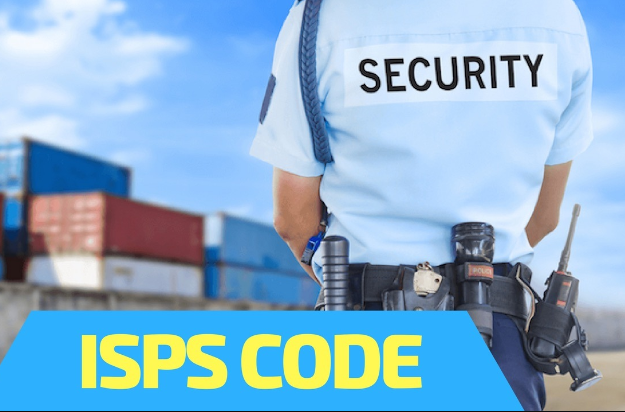The International Ships and Ports Facility Security Code otherwise known as the ISPS Code is a set of measures to enhance the security of ships and port facilities.
It was developed in response to the perceived threats to ships and port facilities after the 9/11 attacks.
The ISPS Code is part of the Safety of Life at Sea Convention (SOLAS) and compliance is mandatory for the 148 Contracting Parties to SOLAS.
The ISPS Code was adopted by one of the resolutions that was adopted on 12 December 2002 by the Conference of Contracting Governments to the SOLAS, 1974 (London, 9 to 13 December 2002).
Another resolution includes the necessary amendments to chapters V and XI of SOLAS that mandates compliance with the Code on 1 July 2004. The existing chapter XI of SOLAS was amended and re-identified as chapter XI-1. A new chapter XI-2 was implemented based on special measures to enhance maritime security. Part A of the ISPS Code contains the mandatory requirements regarding the amended provisions of chapter XI-2 of SOLAS , 1974; Part B provides guidance regarding these amended provisions.
ISPS security trainers
The Nigerian Maritime Administration and Safety Agency which is the designated authority for implementation of ISPS Code in Nigeria has approved accredited maritime training providers to help guide Nigerian flagged ships and Nigerian port facilities in the training of their maritime security personnel.
These training providers conduct training for Company Security Officers (CSOs), Ship Security Officers (SSOs) and Port Facility Security Officers (PFSOs) according to the requirements of the ISPS Code and Inthernational Maritime Organisation (IMO) model.
ISPS compliant port facilities
Almost all the seaports and terminals in Nigeria including relevant jetties are said to be ISPS Code compliant. The ports include Lagos Port Complex Apapa, Tin Can Island Port Complex, Delta Port, Rivers Port, Onne Port and Calabar Port have satisfied conditions necessary to comply with the code.
NIMASA has also appointed Recognised Security Organisations (RSOs) to approve Ship Security Plan (SSP) and to issue International Ship Security Certificates to Nigerian flagged ships.
The RSOs also assist the NIMASA to perform security assessments and formulate or endorse Port Facility Security Plan (PFSP) for Nigerian port facilities.
Copyright Ships & Ports Ltd. Permission to use quotations from this article is granted subject to appropriate credit given to www.shipsandports.com.ng as the source.
